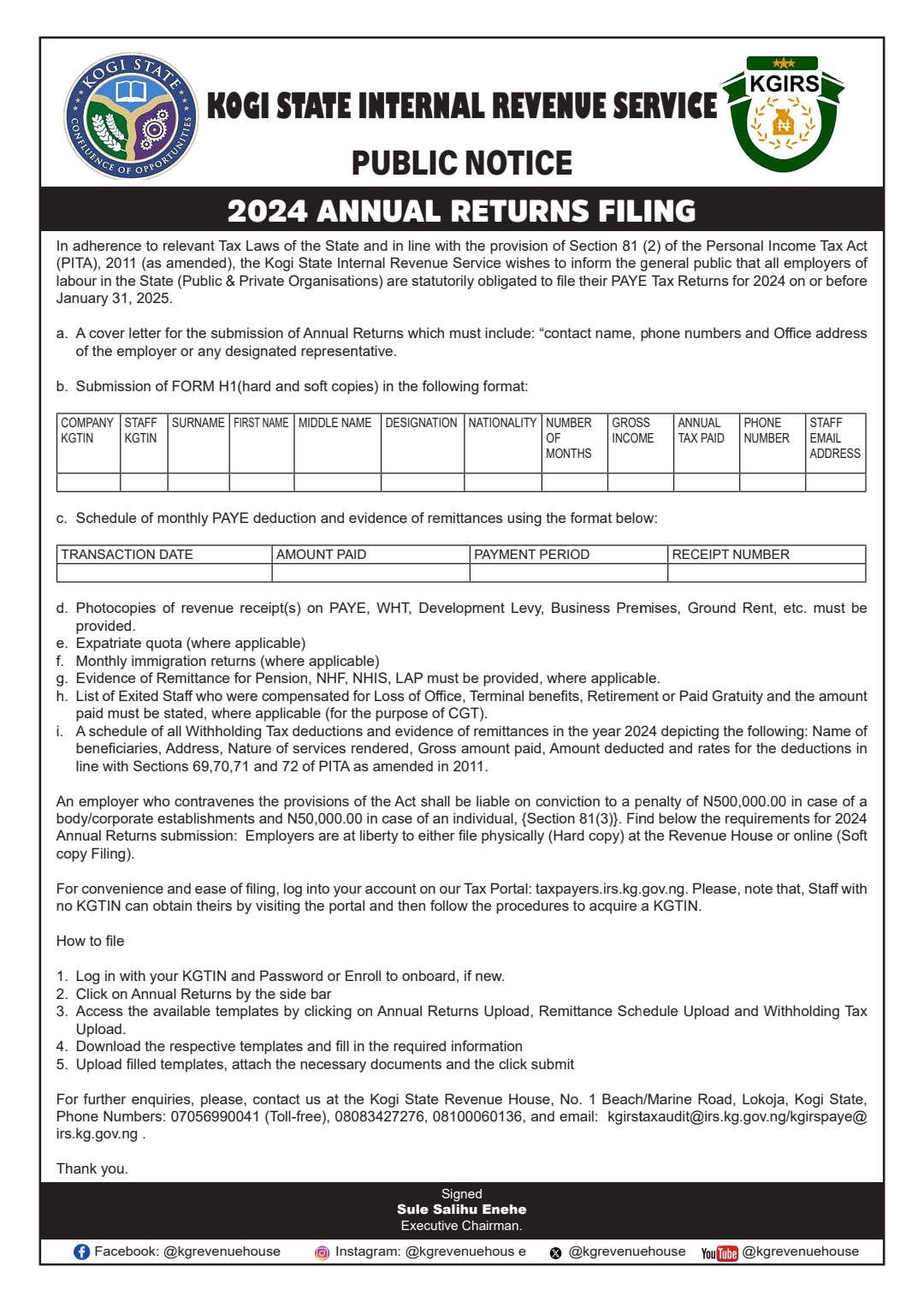

By Nana Dariem, Abuja
The Executive Vice Chairman (EVC) of the Nigerian Communications Commission (NCC), Professor Umar Danbatta, says that the ongoing amendments of two major regulatory instruments of the Commission will help strengthen and ensure a fair and competitive telecoms market in Nigeria.
He disclosed this during the public inquiry between the commission and stakeholders in Abuja on Thursday.
He said:”The two regulatory instruments are the Annual Operating Levy Regulations (AOL) and the Frequency Spectrum (Fees and Pricing, etc.)
“The first instrument on AOL ensures that all licensees are properly and equitably assessed for the operating levy as well as meeting both statutory and regulatory expectations. Its review is expected to bring the Regulations in line with current realities and sustain the enviable contributions of the communications sector to the country’s Gross Domestic Product (GDP).
“The second instrument on frequency spectrum fee and pricing enables the Commission to meet its sole and exclusive mandate as enshrined in Section 21 of the Nigerian Communications Act (NCA), 2003 by assigning the scarce national resource in an equitable manner”.
The Regulations also guarantee that frequency spectrum are assigned and managed in a way that ensures fair pricing and efficient deployment of attendant services”, he said.
Speaking further, he said, during the public inquiry not only reflects the Commission’s strategic mission and vision to promote regulatory excellence through effective regulatory processes but also signposts the Commission’s consultative approach to all its regulatory initiatives.
“The public inquiry was a precursor to the Commission’s current drive for efficiency in spectrum management and the unveiling of next generation services through varied enablers, adding that it was in this regard that the Commission issued a Spectrum Trading Guidelines (STG) in 2018, to make frequency Spectrum readily available to licensees through an effective process.
“In addition, the Commission has commenced the process of deployment of Fifth Generation (5G) technology in Nigeria, the success of which largely depends on the appropriate frequency spectrum.
“The efficacy and reliability of the initiatives will be hinged on proper market valuation of the frequency spectrum and fair assessment of levies,” Danbatta noted.
Danbatta said, with the explosion in technologies, there had been an attendant secondary reliance on different approaches to maximise frequency spectrum.
Danbatta said this development had led to the need for designation of several bands of frequency spectrum for communications services, adding that a key illustration was the recent identification of some Spectrum frequencies for 5G deployment.
He also said that the Commission was conscious of the expectations and the need to ensure that the required regulatory frameworks were in place to meet these challenges.
According to him, noting this has made the reviews, which the Commission is conducting, an important milestone, making the public inquiry to push the country to the front queue of this global effort.
“Hence, we must be prepared on both ends of the industry to push the country forward for these remarkable changes; while the licensees continue to invest in deployment, the Commission will sustain its drive by ensuring regulatory efficiency and excellence,” he further urged.
Danbatta further acknowledged that the Commission was committed to the implementation of the Nigerian National Broadband Plan (NNBP), 2020-2025, the National Digital Economy Policy & Strategy (NDEPS), 2020-2030 by adopting new initiatives and entrenching regulatory efficiency to further promote market stability.
According to him, “The policy documents highlight the central nature of frequency spectrum in meeting most of their baseline objectives. This has made the ongoing review not just necessary but inevitable to facilitate the attainment of these objectives.”
Our Correspondent reports that participants at the event made valuable contributions and raised issues that would assist the Commission in developing robust regulatory instruments to sustain its positive contributions to the nation’s economy.
Those in attendance include: Chairman, NCC Board of Commissioners, Prof. Adeolu Akande; Board Member, Salman Abdul-Azeez; Executive Commissioner (Technical Services), Ubale Maska; Executive Commissioner (Stakeholder Management), Adeleke Adewolu; Senior Management staff and other industry stakeholders.

